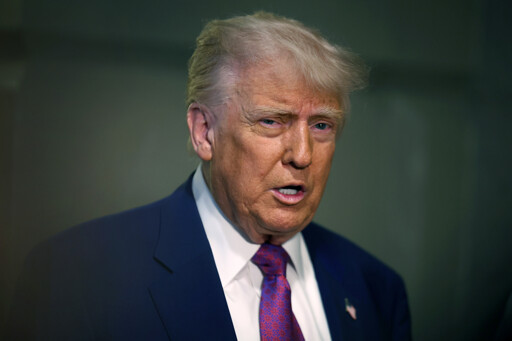cross-posted from: https://hexbear.net/post/5013999
Don’t worry, Steiner will make sure it won’t pass in the Senate.
So the bill contains a bunch of unconstitutional stuff, does the whole bill/law die in court, or just the parts that are unconstitutional?
Just the unconstitutional parts. And the text stays on the books, just with a citation to the court case that says they’re unconstitutional.
When the courts strike down a law, they have an obligation to keep as much of it intact as possible.
Example: Affordable Care Act. The individual mandate was eliminated, but the marketplace, subsidies, medicaid expansion, and the preventive care stuff stayed in place.
I thought this was an option. But it is strange that we don’t have “line item veto” in the executive branch, but we evidently have it in the judicial branch.
That’s because the court has to (allegedly) explain its justification for the opinion and ruling and it is supposed to be able to make sense to anyone reading it.
Alito’s Dobbs opinion shows that regarding is our current Federalist Society jurists, none of them Cardinal Richelieu, they.
For any court below SCOTUS there’s procedure to challenge someone’s dumb opinion, and in the case of the US Supreme Court, they get aj exception by fiat (and no one has been able to successfully legislate new regulations).
If we taught this stuff in school, we could say it’s something for future generations to fix, but we don’t even do that.
The president, by comparison, is not required to justify vetoes, and can veto something by pure whim. We’ve already seen how line-item vetoes are dangerous when the executive is ideologically biased against a bill’s intent.
But yes, SCOTUS has an unbalanced level of power because it’s presumed to be governed by reason, not ideology and bribery.
Very cool explanation. Thank you!!
On a lot of these anti-Trump injunctions, you’re starting to see a security bond of $1, exactly because of this.
If the one sentence is the entire statutory language, I don’t see anything that removes the judge’s existing discretion to require a nominal token bond.
I don’t understand. What does the token bond amount do?
It seems that an injunction with a token bond attached would still be enforceable under the proposed law.
There doesn’t seem to be anything in the provision that requires the security bond to be substantial.




